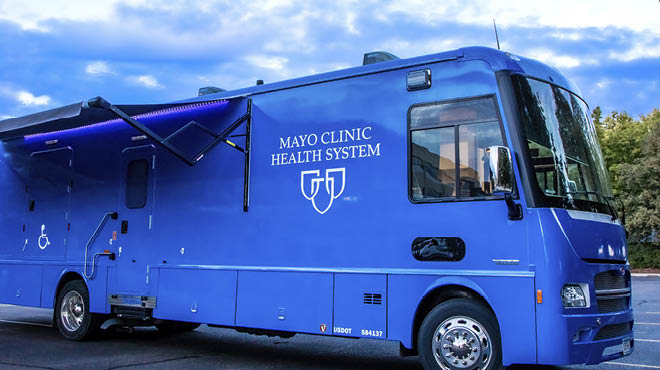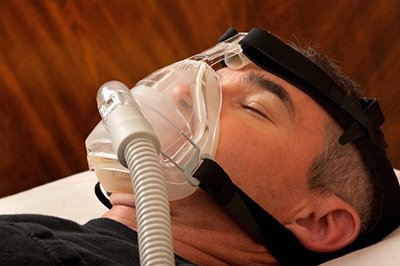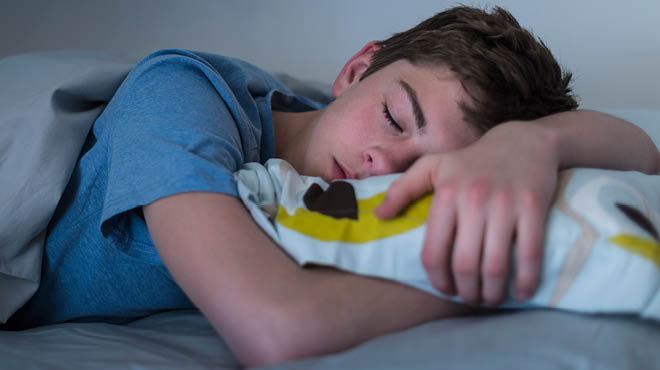Recent Posts
Always tired? You may have sleep apnea
For some people, there's no such thing as a good night's sleep. No matter how early they go to bed — or how many times they press the snooze button — they still wake up groggy.
Sound familiar? If so, you could have sleep apnea, a potentially serious disorder in which breathing repeatedly stops and starts during sleep.

"Basically, in sleep apnea, your breathing is blocked or obstructed," says Daniel Deetz, M.D., a pulmonologist and sleep medicine specialist. "Your muscles relax during sleep, and for some people that narrows the airway enough that it interferes with breathing."
Loud snoring may be one indication of the condition.
"If your spouse is elbowing you at night to get you to quit snoring, you might have sleep apnea," says Dr. Deetz. "People often come in for evaluation because of a spouse's concern about their snoring."
Other symptoms of the disorder include sleepiness during the day, waking abruptly and short of breath, and waking up with a headache, dry mouth or sore throat. Insomnia and attention problems can also be signs. A sleep study (see sidebar) can diagnose the condition.
Are you at risk?
While anyone can develop sleep apnea, certain factors put you at greater risk.
Obstructive sleep apnea risk factors include:
- Excess weight
- A thick neck
- A narrowed airway
- Being male
- Being over 60
- Family history
- Use of alcohol, sedatives or tranquilizers
- Smoking
- Nasal congestion
Central sleep apnea risk factors include:
- Being male
- Being over 65
- Having a heart disorder
- Having a stroke or brain tumor
Sleep apnea can lead to a host of serious health problems, including high blood pressure and heart problems. Fortunately, Dr. Deetz says there are good treatment options available, including continuous positive airway pressure (CPAP) and dental appliances that help keep the airway open.
"Treating sleep apnea can lead to a huge improvement in quality of life," says Dr. Deetz. "It's great to see the change in patients."
What happens during a sleep study
During a sleep study, a technologist attaches electrodes to your body. These flat metal discs connect by wire to an electroencephalography (EEG) machine to record brain wave activity; heart and lung functions; movements of the eyes, chin, abdomen, chest and legs; and muscle activity. The technologist will monitor the information while you sleep. If sleep apnea is detected, you may be awakened and asked to try using a continuous positive airway pressure (CPAP) machine to help keep your airway open. A sleep medicine doctor will review your sleep study results and discuss treatment options, if needed.
By Mayo Clinic Health System staff





